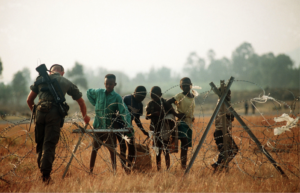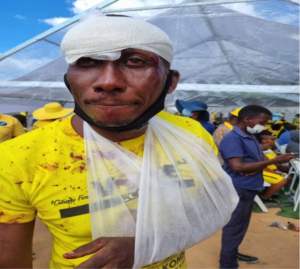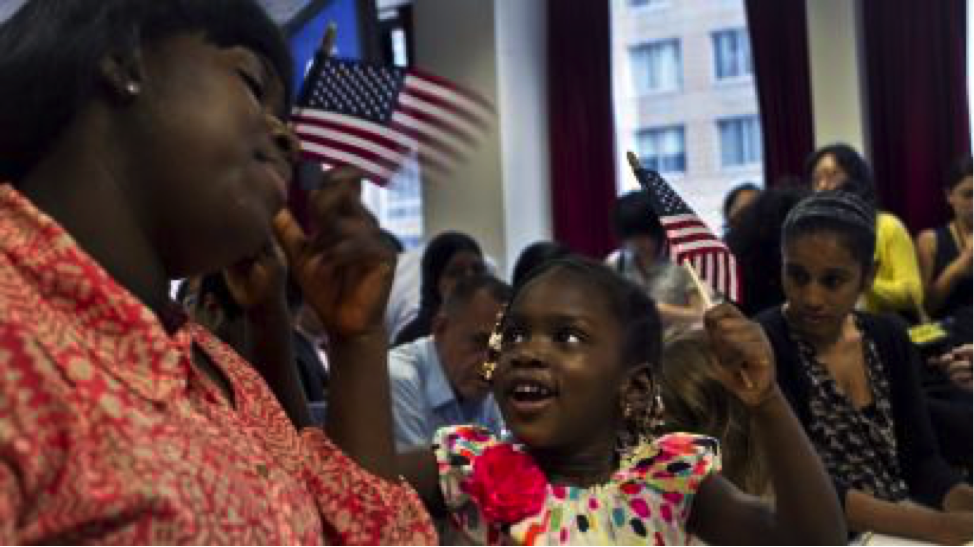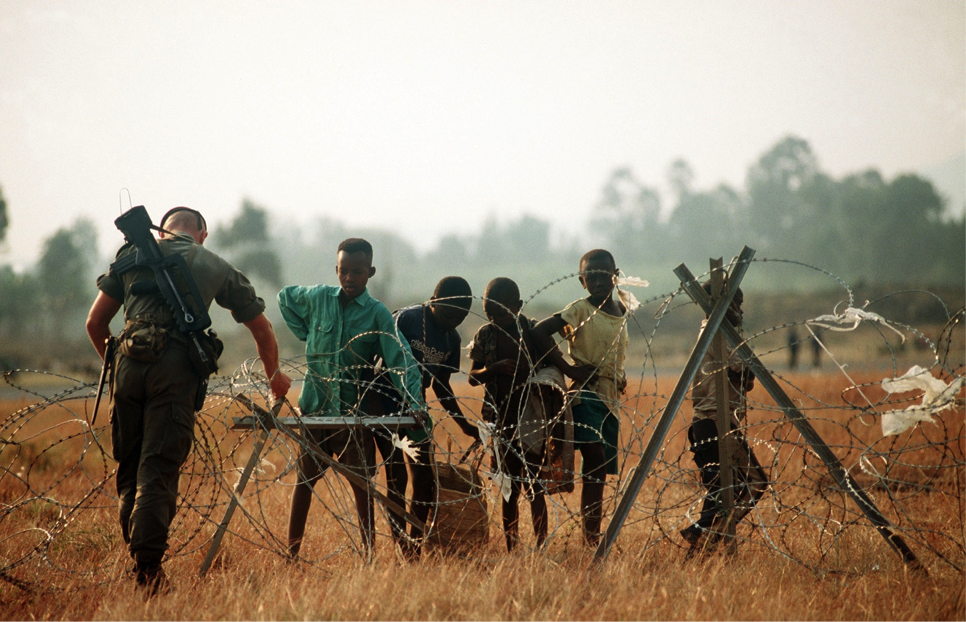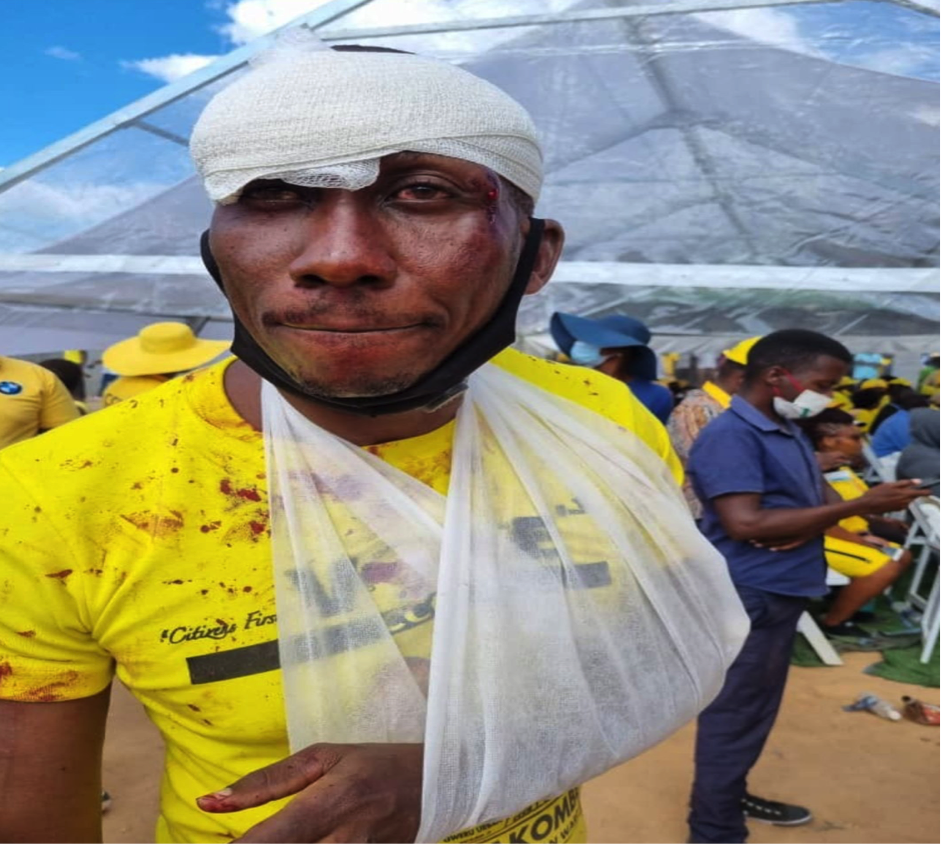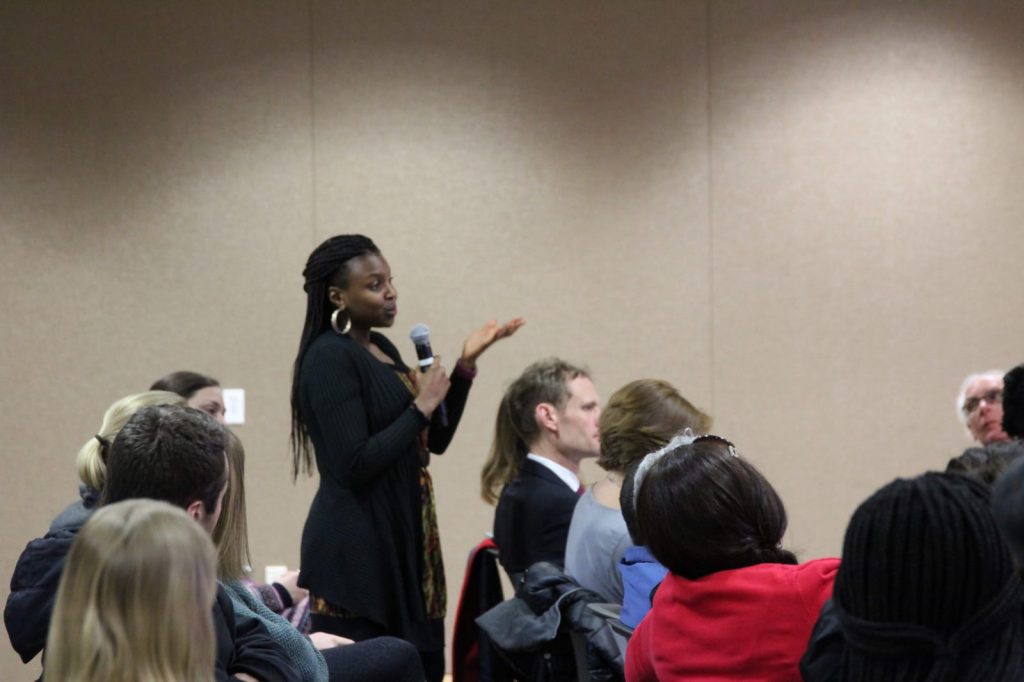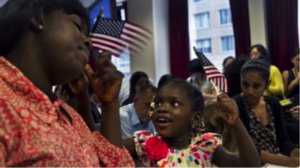
United States Refugee Resettlement during the COVID-19 Pandemic as it Relates to African Migration
African refugee migration to the United States traditionally represents the majority of the total amount of refugees that are both anticipated and ultimately resettled in the U.S. per annum. Therefore, when U.S. policies underwent sudden changes in 2020 due to the COVID-19 pandemic, African migration was affected the most. U.S. policies towards refugee migration to the U.S. had already endured a host of steady changes leading up to the COVID-19 pandemic. This report looks to analyze these policy changes and determine the effects they had on the migrants.

